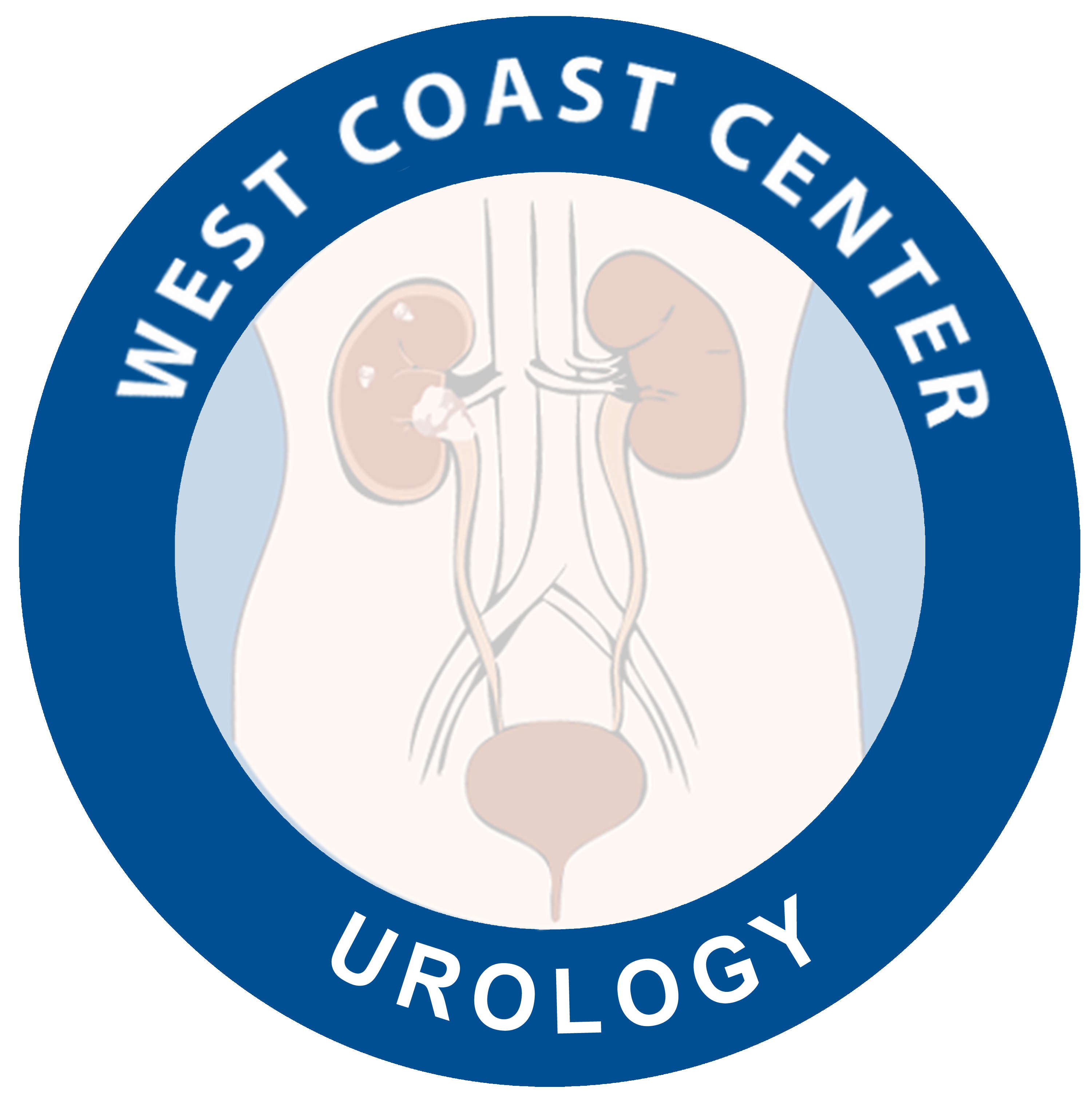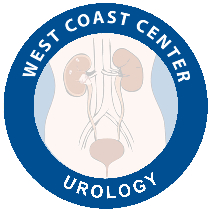Cystoscopy
This is a simple procedure to see the inside of the lower urinary tract: urethra, bladder and prostate in men to assist in determining the cause of your urinary symptoms. In this procedure, a small thin telescope-like tube with a camera attached will be used. The telescope I attached to a large monitor that will allow you to see everything as well.
Indications:
Blood in the urine (hematuria) both gross and microscopic
Frequency and urgency of urination
Painful urination and frequent urinary tract infection (UTIs)
Urinary Incontinence
Stones in lower urinary tract (bladder, urethra)
Urinary blockage, by barrowing of the urinary channel (stricture urethra), enlarged prostate, polyps or tumors.
Preparation for Cystoscopy:
There is no special preparation for cystoscopy, however, you need to tell Dr. Aboseif and his staff if you are taking any medication, especially blood thinners as Coumadin, aspirin, iboprofen or you have any prosthetic in your body as this may require the use of prophylactic antibiotics prior to the procedure.

A flexible cystoscope. Image via medical.olympusamerica.com
Procedure:
The procedure will be performed in the office under local anesthetic.
You will be placed on the table in stirrups. Topical anesthetic (lidocaine) is introduced to numb and lubricate the urethra prior to the procedure.
The cystoscope (a small thin telescope-like tube with a light and tiny camera attached) is slowly inserted into the urethra to the bladder. The camera attached to the cystoscope will allow you to see the images on a monitor. A sterile liquid is introduced into the bladder to improve the view of the bladder wall. As the bladder fills you may experience an uncomfortable urge to urinate, please let Dr. Aboseif knows and he will empty the bladder. The procedure usually takes less then 15 minutes to perform.
Possible risks of Cystoscopy:
You may experience mild burning during urination and some blood in the urine for few hours to 1-2 days after the procedure. These usually resolve spontenously. Rare complications include excessive bleeding, fever, chills, severe pain and difficult urination.
If this happens, please contact Dr. Aboseifs office or go the emergency room.

